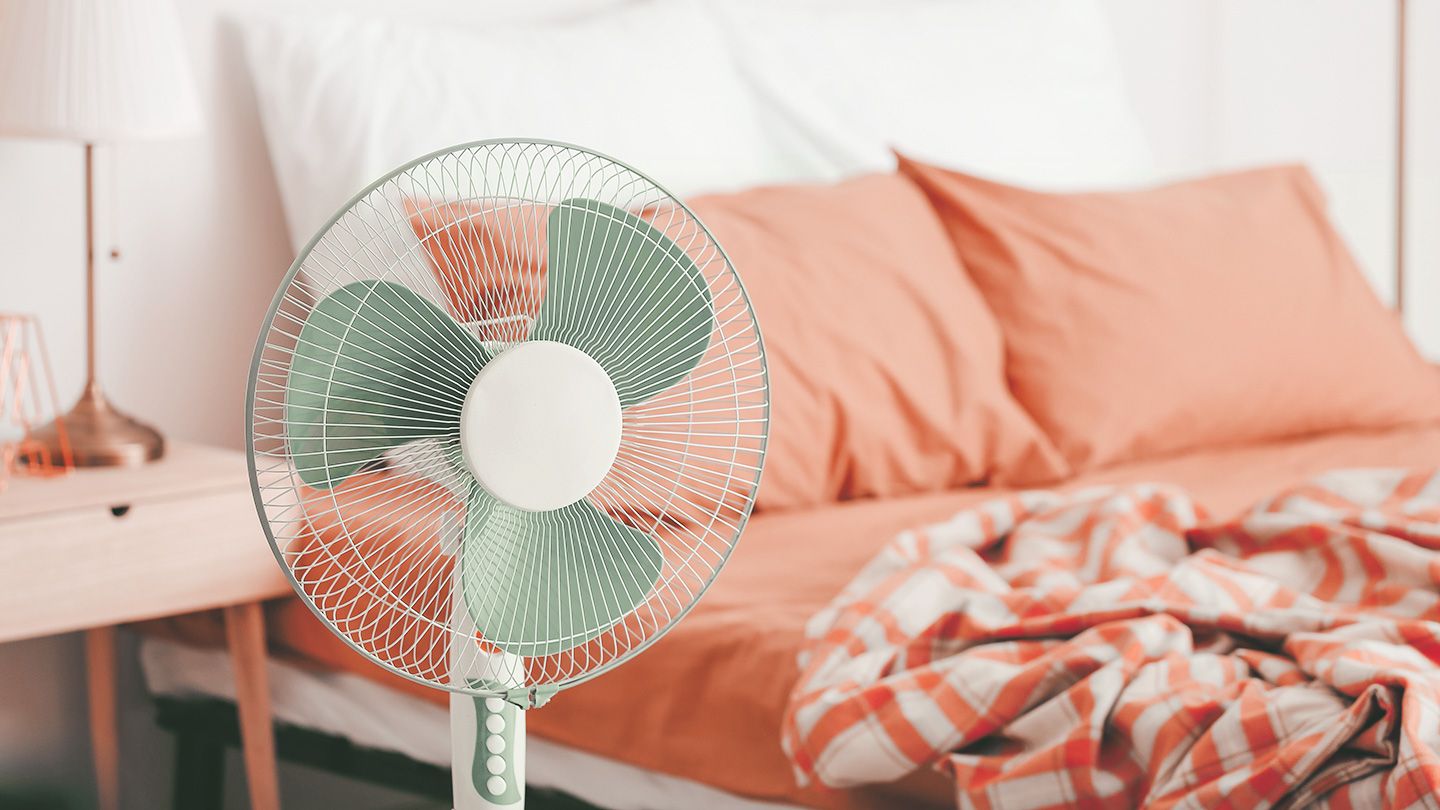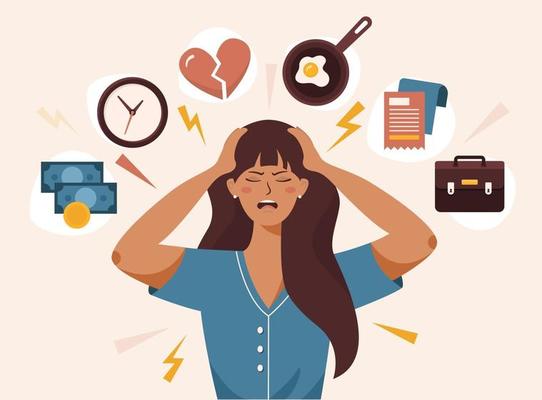As July ushers in long, sunny days and balmy evenings, many of us eagerly embrace the joys of summer—barbecues, beach outings, and extended daylight hours. However, while the season is synonymous with fun and relaxation, it also brings a less welcome companion: oppressive heat. As temperatures soar, so do our sleep troubles. If you’ve found yourself tossing and turning on sweltering nights, you’re not alone. Let’s dive into how July’s heat is sabotaging your sleep and what you can do to reclaim restful nights.
The Science Behind Summer Sleep Struggles
Our bodies are finely tuned machines, and sleep is a critical part of their operation. The ideal temperature for sleep ranges between 60-67°F (15-19°C). This is because our body temperature naturally decreases to initiate sleep, and maintaining a cool environment supports this process. However, July’s relentless heat can disrupt this delicate balance, leading to restless nights and fragmented sleep.
Heat not only makes it difficult to fall asleep but also affects the quality of sleep we get. Higher temperatures can reduce the time spent in slow-wave sleep (SWS) and rapid eye movement (REM) sleep, both crucial for physical and mental restoration. The result? We wake up feeling groggy, irritable, and far from refreshed.
Why July’s Heat Hits Hard
July is often the peak of summer heat, with temperatures frequently reaching uncomfortable highs. This month also brings increased humidity, which can make it feel even hotter than it is. Unlike the dry heat of earlier summer months, July’s humidity can prevent sweat from evaporating efficiently, hampering our body’s natural cooling mechanisms.
Moreover, longer daylight hours can delay the production of melatonin, the hormone responsible for regulating sleep. With the sun setting later, our internal clocks can get confused, pushing our natural bedtime back and making it harder to fall asleep at a reasonable hour.
The Ripple Effect of Poor Sleep
Poor sleep quality has far-reaching consequences. It affects our mood, cognitive function, and overall health. Chronic sleep deprivation is linked to a host of issues, including weight gain, weakened immune function, and increased risk of chronic conditions such as diabetes and heart disease. In the short term, lack of sleep can lead to irritability, poor decision-making, and reduced productivity, turning your summer bliss into a season of stress.
Combatting the Heat: Practical Tips for Better Sleep
While you can’t control the weather, you can control your sleep environment. Here are some strategies to help you beat the heat and get the rest you need:
1. Optimize Your Bedroom Environment
• Use Fans and Air Conditioning: Invest in a good quality fan or air conditioner to keep your room cool. Position fans to create a cross-breeze and enhance air circulation.
• Choose Breathable Bedding: Opt for lightweight, breathable materials like cotton or linen for your sheets and pajamas. These fabrics wick away moisture and keep you cool.
• Block Out the Heat: Keep your bedroom shades or curtains closed during the day to block out direct sunlight. This can prevent your room from heating up.
2. Cool Down Before Bed
• Take a Cool Shower: A lukewarm shower before bed can help lower your body temperature and prepare you for sleep.
• Stay Hydrated: Drink plenty of water throughout the day to stay hydrated, but avoid large amounts right before bed to prevent midnight trips to the bathroom.
• Cool Packs: Use cooling gel packs or damp washcloths on pulse points like your wrists, neck, and temples to help lower your body temperature.
3. Adjust Your Sleep Routine
• Keep a Consistent Schedule: Try to go to bed and wake up at the same time every day, even on weekends. Consistency helps regulate your internal clock.
• Limit Evening Light Exposure: Reduce exposure to screens and bright lights an hour before bed. Consider using blue light blocking glasses or apps to minimize disruption to your melatonin production.
• Relaxation Techniques: Incorporate calming activities into your pre-sleep routine, such as reading, meditation, or gentle yoga.
Long-Term Solutions
If you’re consistently struggling with sleep during the summer months, it might be worth investing in long-term solutions. Consider:
• Upgrading Your Mattress: A mattress designed to promote airflow and dissipate heat can make a significant difference.
• Installing Blackout Curtains: These can help keep your room cooler by blocking out heat during the day.
• Smart Thermostats: These devices can adjust your home’s temperature based on your sleep schedule, ensuring a cooler environment when you need it most.
Embrace Summer Nights
While July’s heat can pose a challenge to your sleep, it doesn’t have to ruin your rest. By taking proactive steps to cool down your sleep environment and adjust your bedtime routine, you can enjoy the best of summer without sacrificing your health and well-being. Remember, a good night’s sleep is essential for enjoying all that this vibrant season has to offer.





